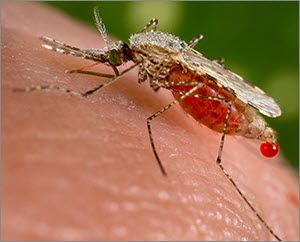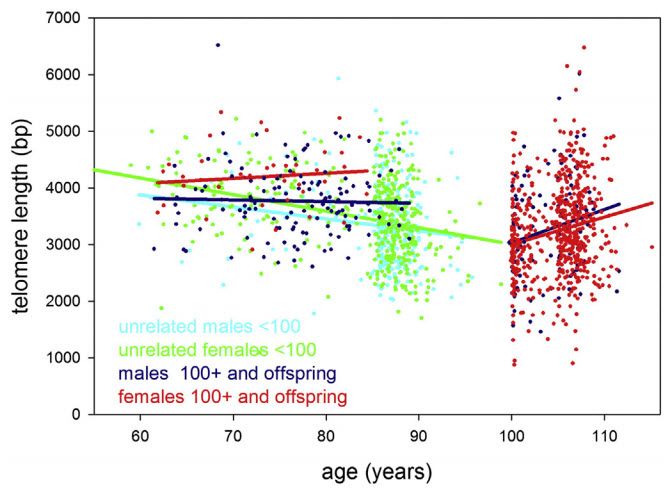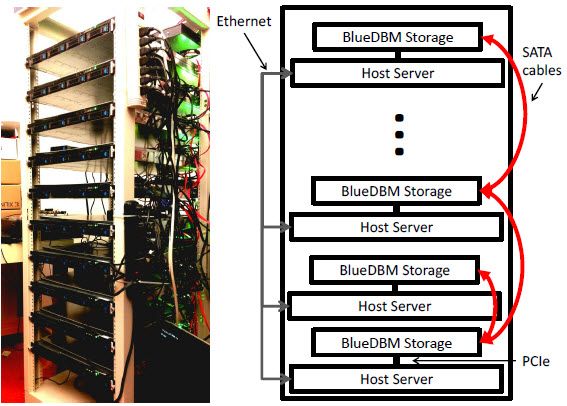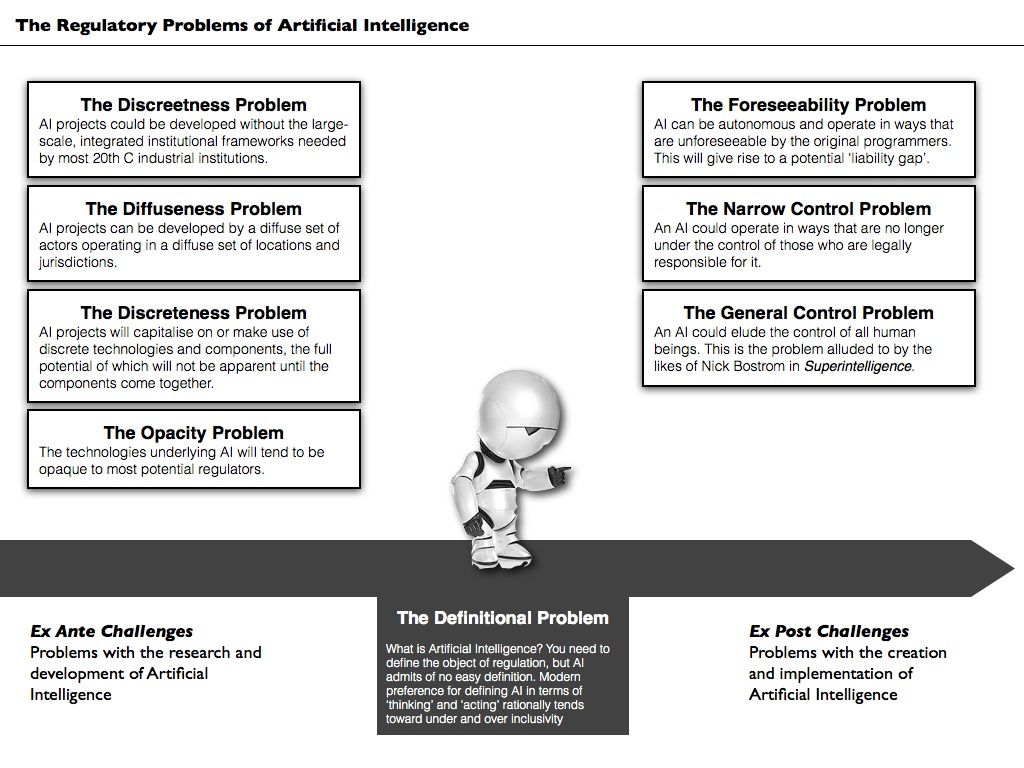See the detailed, innovative, and impressive architectural concept for a floating ocean city – Artisanopolis — created by Gabriel Scheare, Luke & Lourdes Crowley, and Patrick White of Roark 3D and Fortgalt as a gift to The Seasteading Institute, in conjunction with the Institute’s Architectural Design Contest. The images and animated video for this amazing concept are all available under a Creative Commons Attribution License and are an excellent contribution to future human progress, available for others to build upon.
August 9, 2015 by Gennady Stolyarov II Artisanopolis – Seasteading City Concept by Gabriel Scheare, Luke Crowley, Lourdes Crowley, and Patrick WhiteNo comments yet Categories: Art, Politics, Technology, Tags: aquaponics, architecture, Artisanopolis, Brighton, city, competition, England, Floating Cit…

















